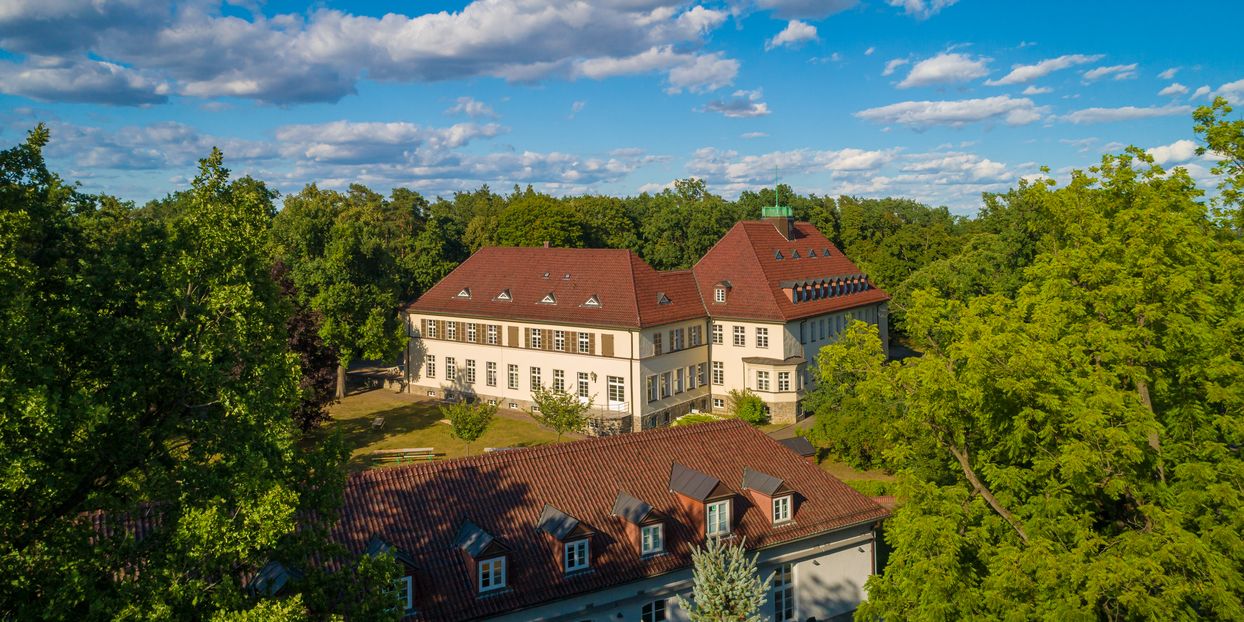As a contribution to overcoming global challenges such as climate change, food security, biodiversity conservation and resource scarcity, we develop and design crop systems integrated in their landscape contexts that combine food security with sustainability. Therefore we process complex landscape data with a unique set of experimental methods, new technologies and models as well as socio-economic approaches.
ZALF research is integrated systems research: starting from processes in soils and plants to causal relationships on the field and landscape level up to global impacts and complex interactions between landscapes, society and economy.
ZALF brings together scientific competence from agricultural science, geo- and biosciences to socio-economics. At its headquarters in Müncheberg, ZALF derives its research questions from societal questions which are of high relevance in agricultural landscapes. They are addressed in three interdisciplinary Research Areas, which are closely interlinked via topical and methodological interfaces. The thematic work in the Research Areas is reinforced and interlinked by a Research Platform, which combines research and services. The numerous ZALF research infrastructures at the field and landscape scale are clustered in the Experimental Infrastructure Platform.
Field experimentation at ZALF are carried out in Dedelow, in the northeastern part of Uckermark, in Paulinenaue, west of Berlin in Havelland, and in Müncheberg.
ZALF has been a member of the Leibniz Association since 1992. Strategic cooperation with agri-environmental institutions on an international level is constantly expanding, especially with institutions from the BRICS countries (Brazil, Russia, India, China and South Africa). The focus is on those countries where land use dynamics are particularly high and which are especially important for global food security.

